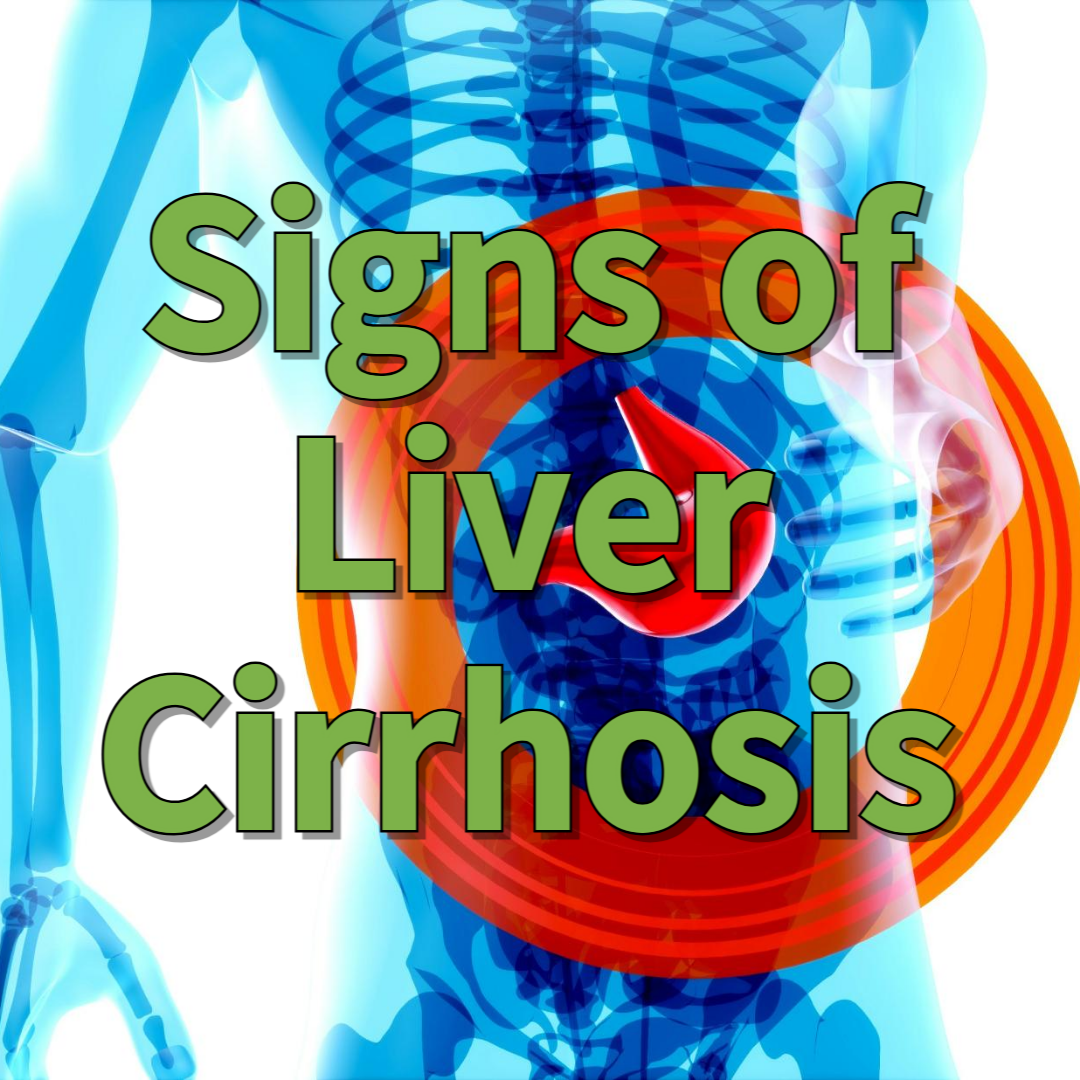Introduction
Liver cirrhosis is a chronic condition characterized by the replacement of healthy liver tissue with scar tissue, leading to impaired liver function. This progressive disease can result from various factors, including chronic alcohol abuse, hepatitis B and C, and non-alcoholic fatty liver disease. Understanding the symptoms at different stages, along with dietary and lifestyle recommendations, is crucial for managing liver cirrhosis effectively.
Symptoms of Liver Cirrhosis
Early
In the initial stages of liver cirrhosis, symptoms may be subtle or even absent. However, as the disease progresses, some early signs may become noticeable:
- Fatigue and Weakness: Patients often experience persistent tiredness and a general sense of weakness.
- Loss of Appetite and Weight Loss: A decreased appetite can lead to unintended weight loss and malnutrition.
- Nausea and Vomiting: Frequent nausea and occasional vomiting are common early symptoms.
Mid-Stage
As liver cirrhosis advances, the symptoms become more pronounced and can significantly impact daily life:
- Jaundice: Yellowing of the skin and eyes due to the buildup of bilirubin in the blood.
- Abdominal Swelling (Ascites): Fluid accumulation in the abdomen, causing discomfort and bloating.
- Spider Angiomas: Small, spider-like blood vessels visible under the skin, often on the face and chest.
Late-Stage
In the final stages of liver cirrhosis, severe complications arise, requiring immediate medical attention:
- Hepatic Encephalopathy: Cognitive impairment, confusion, and personality changes due to liver dysfunction.
- Esophageal Varices: Enlarged veins in the esophagus that can rupture and cause life-threatening bleeding.
- Kidney Failure: The liver’s inability to filter toxins can lead to kidney dysfunction and failure.
Causes of Liver Cirrhosis
Several factors can lead to the development of liver cirrhosis:
- Chronic Alcohol Abuse: Long-term excessive alcohol consumption is a leading cause of liver cirrhosis.
- Viral Hepatitis: Chronic infection with hepatitis B or C viruses can cause significant liver damage.
- Non-Alcoholic Fatty Liver Disease (NAFLD): Often associated with obesity, diabetes, and high cholesterol.
- Genetic Disorders: Conditions like hemochromatosis (excess iron) and Wilson’s disease (excess copper) can lead to cirrhosis.
- Autoimmune Diseases: Autoimmune hepatitis and primary biliary cholangitis are examples.
Prevention of Liver Cirrhosis
Preventing liver cirrhosis involves adopting healthy lifestyle habits and managing underlying conditions:
- Limit Alcohol Consumption: Avoid excessive drinking to reduce the risk of liver damage.
- Vaccination: Get vaccinated against hepatitis B and consider hepatitis A vaccination.
- Healthy Diet: Maintain a balanced diet rich in fruits, vegetables, lean proteins, and whole grains.
- Regular Exercise: Engage in physical activity to maintain a healthy weight and improve overall health.
- Avoid Toxins: Limit exposure to harmful chemicals and medications that can damage the liver.
Diet for Liver Cirrhosis
Maintaining a balanced diet is essential for managing liver cirrhosis. Here are some dietary recommendations:
Foods to Eat
- Lean Proteins: Fish, chicken, and plant-based proteins like beans and lentils.
- Fruits and Vegetables: Rich in vitamins and antioxidants, they support overall health.
- Whole Grains: Brown rice, oats, and whole wheat provide essential nutrients and fiber.
Foods to Avoid
- Alcohol: Even small amounts can exacerbate liver damage.
- High-Sodium Foods: Processed foods, canned soups, and salty snacks can lead to fluid retention.
- Fried and Fatty Foods: These can strain the liver and worsen symptoms.
Lifestyle Habits for Managing Liver Cirrhosis
- Regular Exercise: Engaging in moderate physical activity can boost overall health and energy levels.
- Avoiding Toxins: Limiting exposure to harmful substances, including certain medications and chemicals.
- Routine Medical Check-Ups: Regular visits to a healthcare provider for monitoring and managing the condition.
Conclusion
Liver cirrhosis is a serious condition that requires careful management through awareness of symptoms, a balanced diet, and healthy lifestyle choices. By understanding the stages and making informed decisions, patients can improve their quality of life and potentially slow the progression of the disease. Always consult with healthcare professionals for personalized advice and treatment plans.
For more information, please see. Top Meal Delivery Kits Recommendations and Comparisons (soomarket.com)
